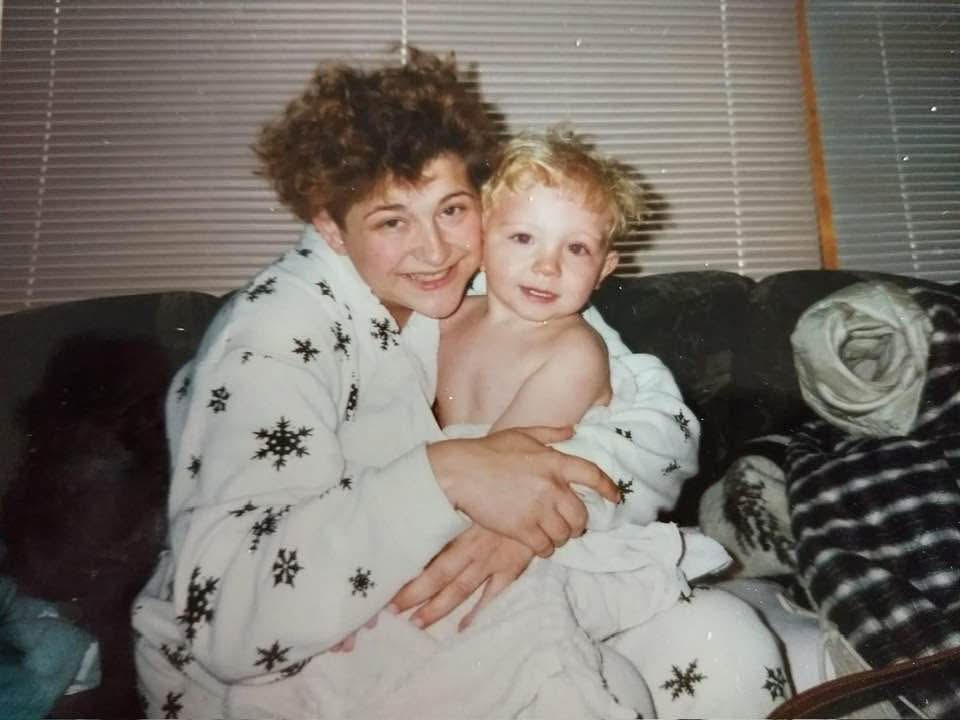In Nebraska, the Lifesaving Power of Resilience and Community Support
Hayley Jelinek is an enthusiastic and energetic health educator, committed to turning her pain into prevention.
She can be found all over Kearney, Nebraska and the surrounding areas, running game show-style medication safety training sessions at senior centers, educating high school students about the risks of substance misuse, and delivering naloxone to local bars.
In total, she calls these events “my shows.” And they both demonstrate the long-tail effect — training counselors who will then counsel others — as well as directly arming individuals to save lives when she distributed more than 250 boxes of naloxone in a single 90-minute event at a local university.
But Jelinek’s professional story is intertwined with a family tragedy that happened in the summer of 2021. Her son Ehan — who had grappled with mental health and substance misuse issues for more than a decade — died of acute intoxication from tianeptine, an over-the-counter supplement readily available in gas stations and marketed as a mood enhancer that can also improve cognitive function. Tianeptine is licensed and marketed as an atypical antidepressant in many parts of the country. It is powerful, dangerous, and addictive.
Jelinek carries the pain of this loss with her, but it also spurs her to action. “It's my purpose to tell everybody — not one more kid should have to die from this stuff and not one more mom should have to go through what I've gone through.”
And she also encourages others to take action by educating themselves, helping others, and combating stigma. “Step up. Tell people not to be embarrassed of it. Substance use disorder is not a moral failing. It is a disease that anyone can have. If our stories will help somebody, then I'm all about it.”
Though federal funding cuts have not yet directly affected her programs, they are already having a chilling, indirect effect. “The challenge is that public health workers and other prevention people have this fuzz hanging over their head about what's going to happen. Am I going to lose my job? Are they going to take away funding? That's what's scary — there's a possibility nobody's going to be around to model and teach these lessons about prevention.
Despite this uncertainty, Jelinek has seen — and demonstrated — the resilience of the public health community. “You know, for people in public health and prevention, the more adversity that's thrown at us, the harder we work to save lives.”
Hayley Jelinek is a Health Educator for the Two Rivers Public Health Department in Kearney, Nebraska.
Do you have a story to share about the impact of the CDC Injury Prevention Center and the work you’ve been able to do? If so, please share it with us.


